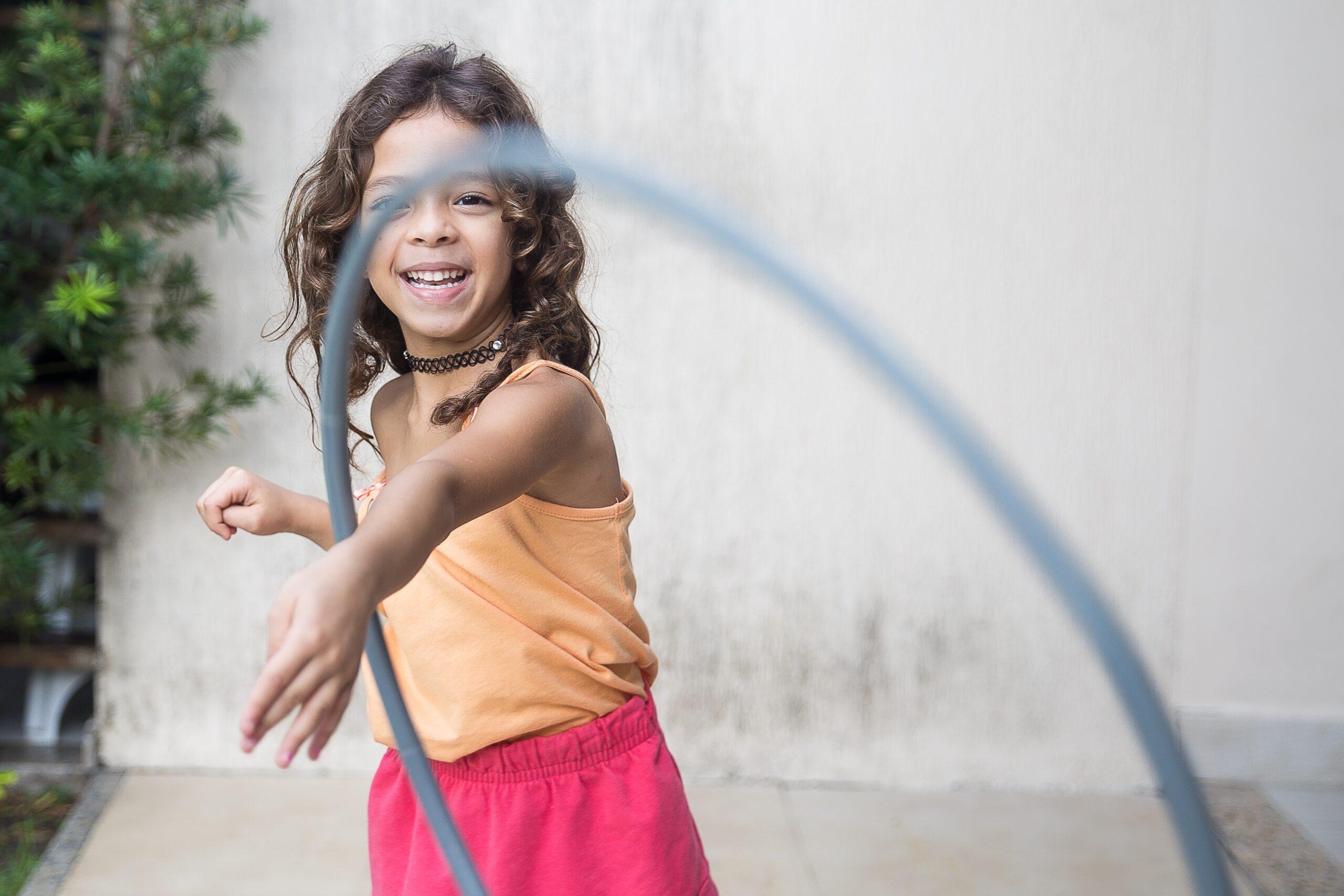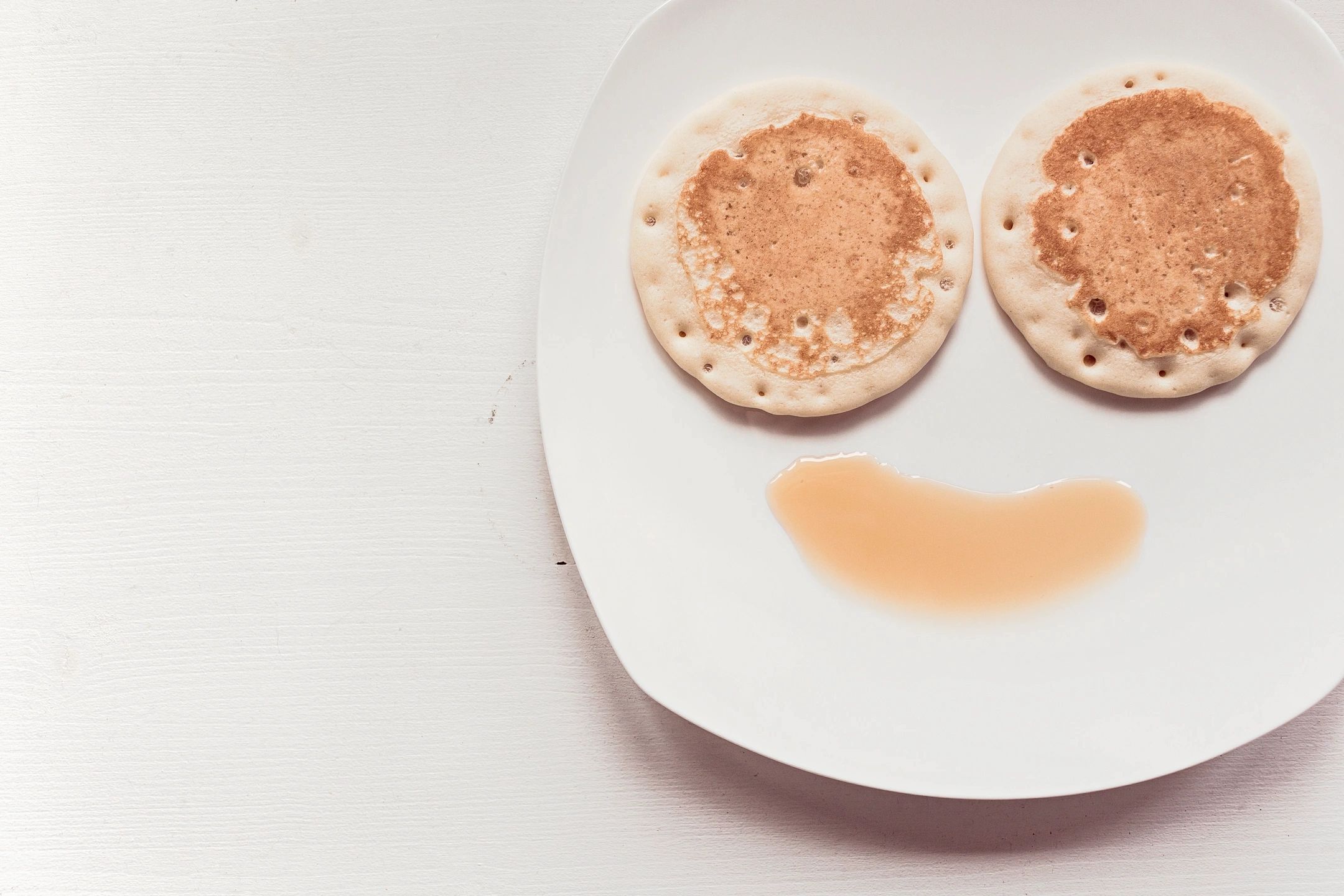It’s Monday morning and the start of a new week. Families all over America are getting ready to send their children to school. The Jones family, however, is late once again. Their child won’t get out of bed on time. Their child won’t listen when they say to get dressed. A simple routine of getting up, getting dressed and getting ready for school creates insurmountable obstacles, conflict, hostility and utter chaos. By the time he gets down the stairs for breakfast, the school bus has already left. This is not an unusual occurrence, this happens every day. Their child has been diagnosed with ADHD. They feel out of control and out of balance all the time.
Parents of a child with Attention Deficit Hyperactivity Disorder (ADHD), Attention Deficit Disorder (ADD) or Oppositional Defiant Disorder (ODD) must search out schools, teachers, professionals and other community resources. They will find themselves having to supervise, monitor, teach, organize, plan, structure, reward, punish, guide, buffer, protect and nurture their child far more than is demanded by the typical parent. They will also need to meet more often with other adults involved in their child’s daily life— school staff, pediatricians and mental health professionals. Their lives are a balancing act in which they must juggle complex schedules.
However, raising a child with a learning disability can elevate parenting to a new, higher plane. Some parents succumb to the stress, but if you rise to the occasion, raising a child with a learning disability can provide a tremendous opportunity for self-improvement and fulfillment as a parent.
The Jones family feels helpless and frustrated. Their expectations for their child are not being met. They thought life would be easy for them, but their expectations do not take into consideration the reality of their child’s disorder. They are disappointed and upset. They blame themselves for their child’s inability to succeed at school and to form relationships with others.
What the Jones family fails to understand is why their child acts and reacts to given situations. They don’t understand that their child has a disorder and has difficulty focusing and concentrating on their commands. They don’t understand that their child’s impulsivity is a part of the disorder. Their child is confused and doesn’t know why he behaves the way he does. As one child said to their mother, “I don’t understand why I act the way I do, please help me.”
The Jones family is under constant stress. The family reacts to situations as opposed to being proactive. They fail to plan for winning outcomes. They take things personally and think their child is acting out. Their child isn’t acting out, but is just asking for love in the most unloving way.
A family with an ADD, ADHD or ODD child needs to be proactive and take control of the situation. Here are some tips:
Be proactive— not re-active.
Far too often we react to our children’s behavior, often on impulse without regard to the consequences and with no plan for what we are trying to achieve. Seeing a situation from a reactive frame of mind can somehow make things look hopeless. It is not what your child does to you that creates these problems, but instead it is your response. Take the initiative to change what you do not like in the way you react to your child, and accept the responsibility to make the relationship happen in the way you want it to develop.
Spend time with your child.
Spend special time with your child each day. Be with them for 20 minutes a day in a non-judgemental way. These children are seeking your attention. Spending quality time with your child without giving directions or judgement is the first step in the process of reconnecting with your child.
Be consistent— not inconsistent.
Children with ADHD lack the ability to plan, to be organized and stay focused. This creates confusion as to what behavior is appropriate in a given situation. This can create a feeling within them of instability, lack of safety and lack of control. Being consistent can help provide them with a safe structure and controlled environment in which they can function at a more productive level.
Plan with the end in mind— be goal-oriented.
Don’t just concentrate on what you want your child to do. Concentrate on setting up a behavior management plan that is goal- oriented and achievable. This will enable a child to feel successful and improve their self-esteem. The life plan is based upon wants instead of immediate needs and teaches them the ability to think and plan in a proactive way.
Take care of yourself.
Too often parents of learning disabled children devote too much of their time and energy to their children and in the process exhaust themselves. Failing to take time to renew yourself physically, mentally, socially/emotionally and spiritually can cause you to shut down and have less time and energy to devote to your child. The best gift you can give yourself is the gift of self-renewal.
Use a collaborative approach.
ADHD in children often requires medical, educational, behavioral and psychological intervention. This comprehensive approach to treatment often includes:
- Parent training
- Behavior intervention strategies
- An appropriate educational program
- Education on ADHD
- Individual and family counseling
- Medical, when appropriate.
Parent training is often the first step in the learning process. Training helps educate parents to better understand the nature of the disorder. Conducting meetings in a group approach allows parents to share their experiences with others in a caring and supportive environment. Parents learn how to manage their children on a day-to-day basis. Trainings help relieve stress in families, bringing them closer together.
Life may still feel like a balancing act at times, but parents who rise to the occasion and apply technique consistently with their child often feel a greater sense of accomplishment and bring parenting to a higher level.



